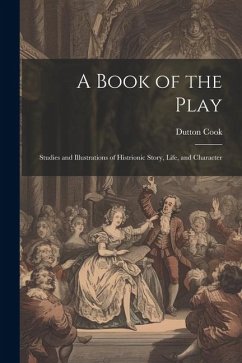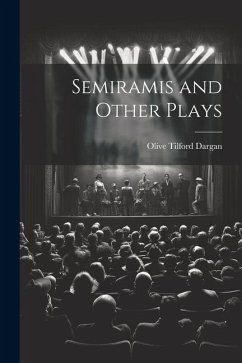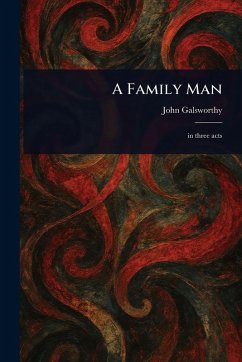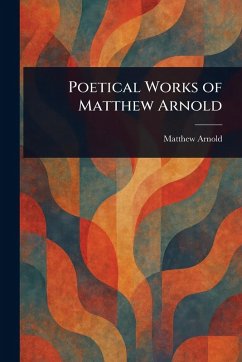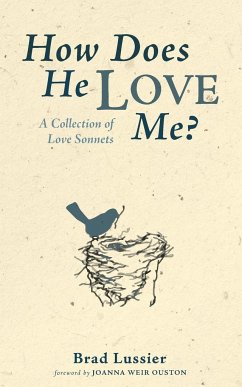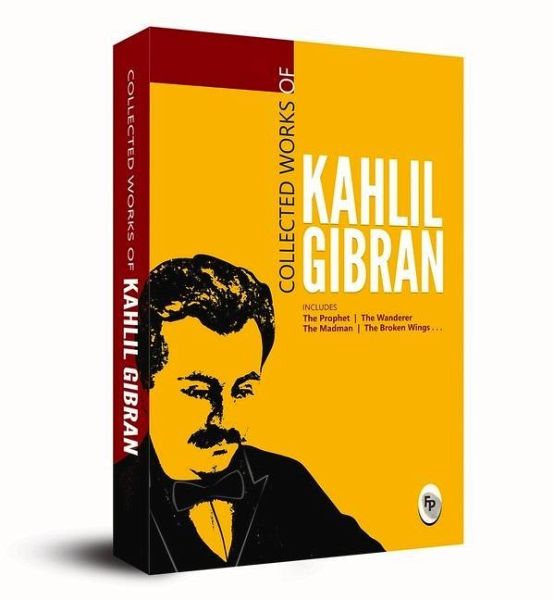
Collected Works of Kahlil Gibran
Collectable Edition
Versandkostenfrei!
Versandfertig in über 4 Wochen
9,49 €
inkl. MwSt.
Weitere Ausgaben:

PAYBACK Punkte
5 °P sammeln!
Immerse yourself in the timeless wisdom and lyrical brilliance of Kahlil Gibran with this beautifully curated Collectable Edition. This volume brings together Gibran's most celebrated works, including The Prophet, The Madman, Sand and Foam, and more--masterpieces that have touched hearts across generations with their spiritual depth, poetic clarity, and philosophical insight. Presented in an elegant hardbound format, this edition is perfect for admirers of literature, seekers of meaning, and collectors alike. Whether you are revisiting these soulful writings or discovering them anew, Gibran's ...
Immerse yourself in the timeless wisdom and lyrical brilliance of Kahlil Gibran with this beautifully curated Collectable Edition. This volume brings together Gibran's most celebrated works, including The Prophet, The Madman, Sand and Foam, and more--masterpieces that have touched hearts across generations with their spiritual depth, poetic clarity, and philosophical insight. Presented in an elegant hardbound format, this edition is perfect for admirers of literature, seekers of meaning, and collectors alike. Whether you are revisiting these soulful writings or discovering them anew, Gibran's words will stir your soul and awaken your spirit. Wisdom that whispers to the soul! * Explore the essence of spiritual reflection, love, and human connection through Gibran's deeply moving prose and poetry. * Delve into timeless classics like The Prophet that have inspired readers across cultures and generations. * Discover a unique fusion of mysticism, philosophy, and universal truth in every piece. * Treasure a volume that belongs on every bookshelf and makes a thoughtful gift for any occasion. * Ideal for readers of poetry, philosophy, and spiritual literature.




